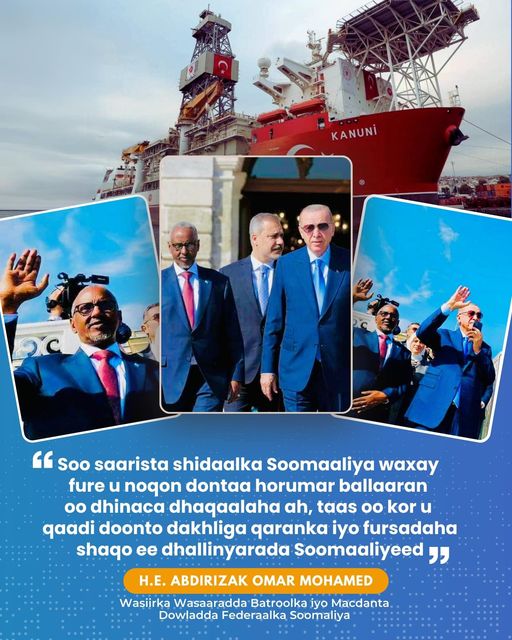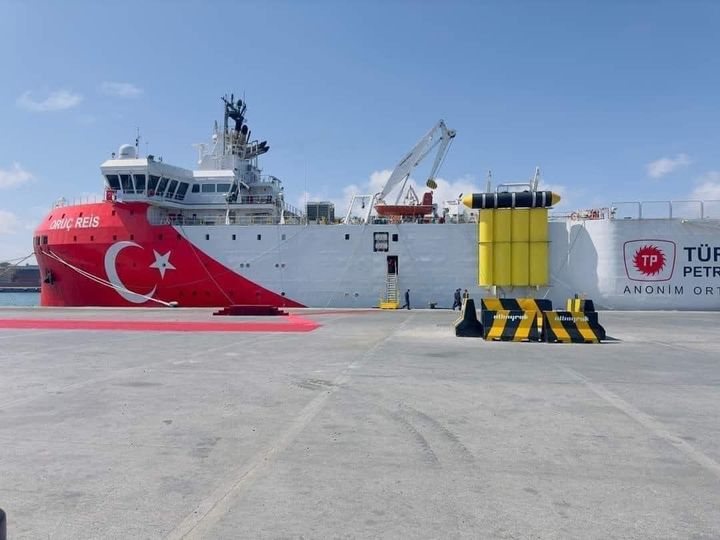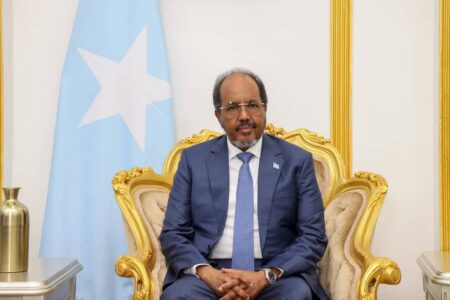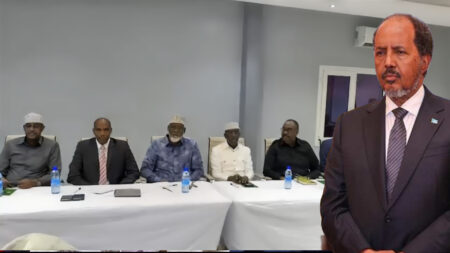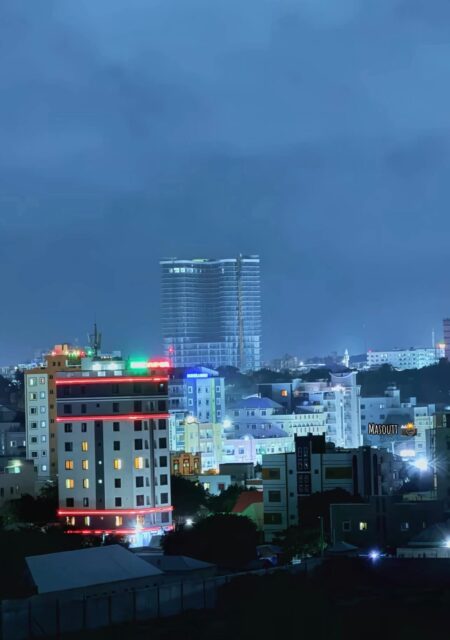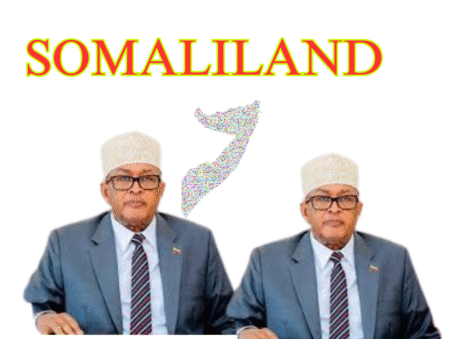The Turkish-owned exploration vessel, URUS REIS, began seismic surveys off the coast of Somalia. This mission is the latest chapter in Somalia’s long history with oil exploration, which dates back to the mid-20th century. Back then, oil reserves were discovered in various Somali regions, including the Daban area of Mudug, Mogadishu, El Wak, Mandera, and Kismayo. Between 1950 and 1990, numerous international companies, including ExxonMobil, ConocoPhillips, BP, ENI, and Shell, were licensed to explore for oil in Somalia. However, when civil war broke out in 1991, these companies ceased operations, and much of the data they had collected was lost.
In 2012, following the election of President Hassan Sheikh Mohamud as the 8th President of the Republic, Somalia officially emerged from its transitional government phase. His administration prioritized reviving oil exploration activities, bringing companies like TGA, Spectrum, and SomOil and Gas back to conduct a second wave of exploration along Somalia’s coast.
By 2018, Somalia’s federal government and regional states signed the Baidoa Agreement, which outlined the management and revenue-sharing framework for future oil production. The following year, Shell and Exxon agreed to resume their exploratory activities and settled $1.7 million in outstanding fees from previous contracts. In 2020, the Somali Petroleum Law was ratified, leading to the establishment of the Somali Petroleum Authority.
In October 2024, URUS REIS, escorted by military vessels, initiated a third phase of seismic surveying roughly 50 km off the coast near Galmudug, spanning an area of three blocks totaling approximately 5,000 square kilometers. If these exploratory efforts yield substantial results, Somalia could be on the verge of tapping into a significant portion of its untapped natural resources, potentially transforming its economy and ensuring energy self-sufficiency for its population.
Minister Abdirisak Omar Mohamed’s Vision for Oil Exploration
Somalia’s Minister of Petroleum, H.E. Abdirisak Omar Mohamed, has emphasized the role of resource extraction in rebuilding the national economy. According to Minister Mohamed, oil production could contribute significantly to Somalia’s development, helping to reconstruct and revitalize its economic infrastructure. The revenue from oil exports is expected to generate substantial national income and create job opportunities for Somali youth, fostering long-term economic stability.
Conclusion: A New Dawn for Somalia’s Prosperity .
Somalia is on the cusp of a transformative era. After years of conflict, the nation’s renewed oil exploration efforts signal a strategic opportunity, The URUS REIS mission symbolizes more than an exploration project—it represents Somalia’s journey toward economic self-reliance, regional influence, bringing hope and opportunity to generations of Somalis to come.
